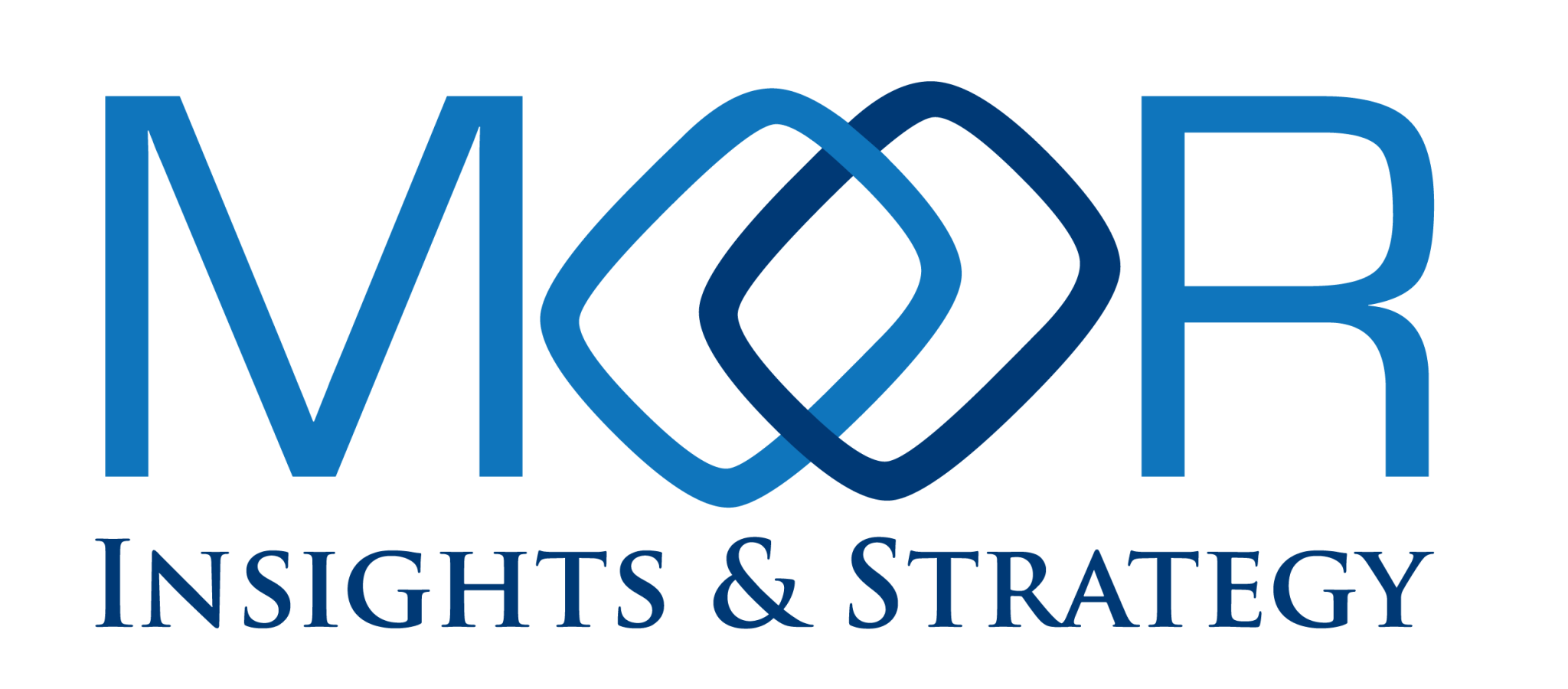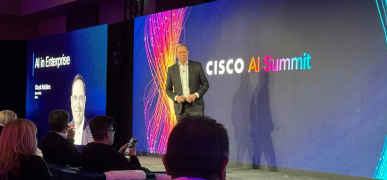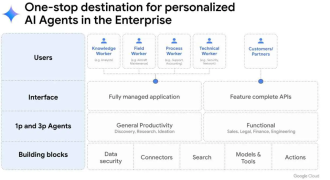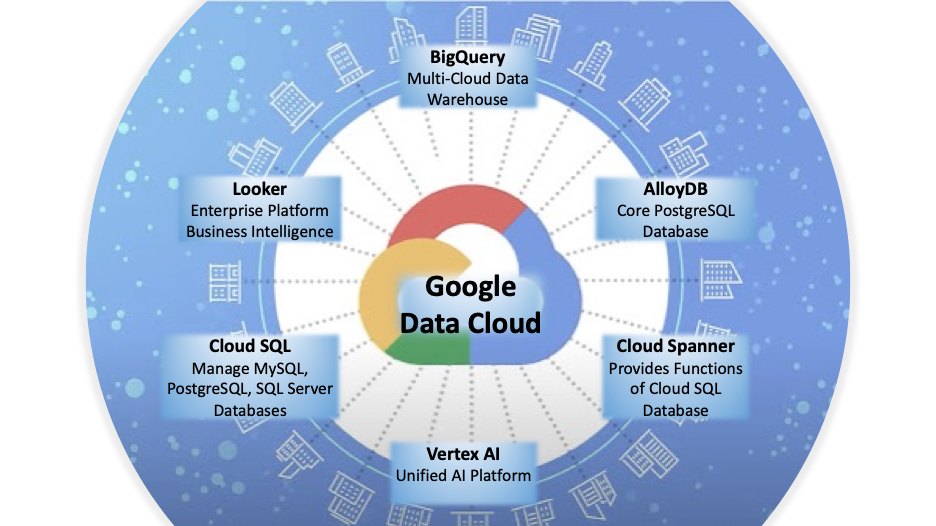
This week at the Google Cloud Next 2023 event in San Francisco, numerous upgrades were unveiled for Google’s Data and AI Cloud services. A key takeaway from this week’s announcements was Google’s aim to simplify the complexities of managing data and AI for users. This applies to a range of workloads and encompasses data stored in various locations, be it multi-cloud environments, on-premises, or within SaaS applications. With this in mind, let’s take a closer look at the diverse array of new products and solutions that were rolled out this week.
Google’s Data Cloud Platform
In the digital transformation era, proficiency in data and AI is crucial for daily operations and strategic decision making. Google Data Cloud provides a secure and unified data solution that merges data and software. The platform is flexible enough to support transactional, analytical, and AI applications across multi-cloud and hybrid environments and is fully integrated with Google’s extensive technology ecosystem.
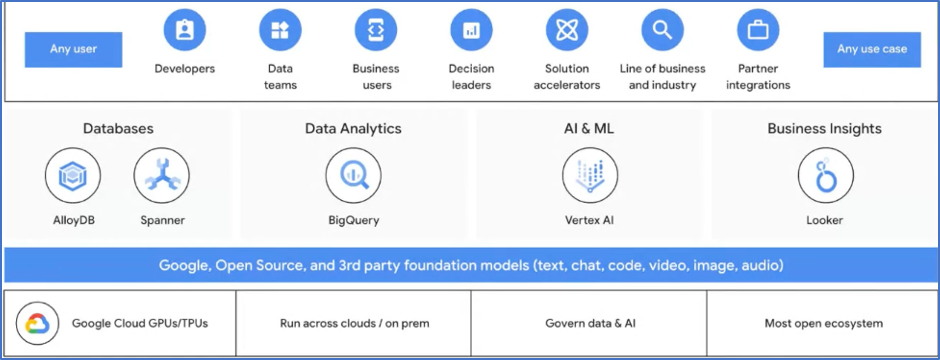
This platform has introduced multiple features to streamline and improve data analytics. BigQuery Export to Bigtable enables direct analytics data serving, removing the need for ETL tools. Duet AI in BigQuery aids in SQL query handling, while BigQuery Studio makes data exploration and analysis easier by integrating Python notebooks via Colab Enterprise. BigQuery DataFrames provide a Python API for analytics and machine learning. Vertex AI adds real-time analytics capabilities by merging AI Platform and AutoML features with BigQuery. Also, Looker Studio has been upgraded to allow for customizable line visuals and functionalities in its charts.
Additionally, the Cloud SQL Enterprise Plus edition is optimized for high-performance applications, featuring enhanced read speeds through its data cache, which utilizes fast, local SSDs to store frequently accessed data.
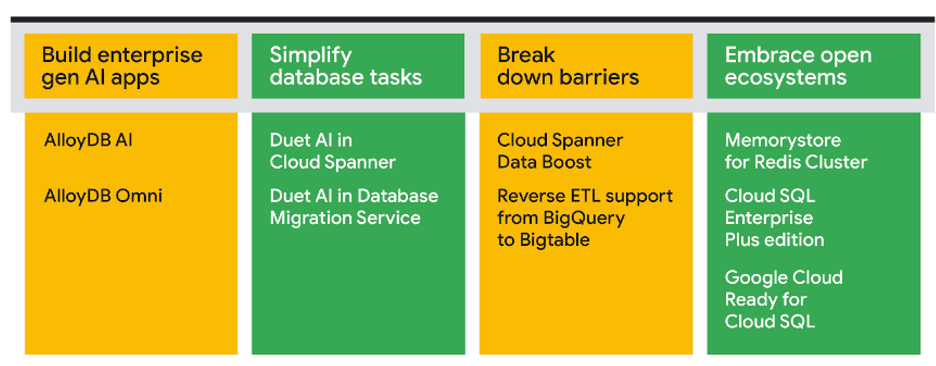
Enhanced Google Cloud Database Capabilities
At the event, Google Cloud also committed to advancing database technology, demonstrated by its unified approach to an intelligent, open data platform. Its platform features generative AI (GAI) capabilities through AlloyDB AI and AlloyDB Omni. The recently introduced Duet AI enhances interactions with workspace products and now also aids in database tasks like code generation in Cloud Spanner. Cloud Spanner Data Boost also provides a specialized, high-performance solution for analytics, reporting, and machine learning by dynamically allocating computational resources on demand.
Google enhanced its database services to provide a more efficient technology stack. By introducing GAI features and other improvements, database tasks are now simplified, analytics are more accessible, and migrations from legacy databases are not horrifying like they once were (thanks to the Database Migration Program).
Google Cloud Data and AI
I’d like to highlight some significant updates to Google Cloud’s Vertex AI, an all-in-one cloud machine learning platform that merges AI Platform with AutoML capabilities. Leveraging the PaLM API, Vertex AI allows for creating diverse AI models for various applications. Key improvements encompass the broadening of PaLM’s linguistic and content capabilities, enhanced image quality and faster response times via Imagen, and sophisticated code generation features in multiple languages through Codey.
The Vertex AI Matching Engine has been rebranded as Vertex AI Search. Furthermore, Vertex AI’s extensions have been fortified with out-of-the-box integrations and now offer compatibility with various open-source frameworks. The Vertex Model Garden has also been enriched, featuring enterprise-level base models, specialized models for specific tasks, and user-friendly APIs that enable both easy deployments and custom model tweaks.
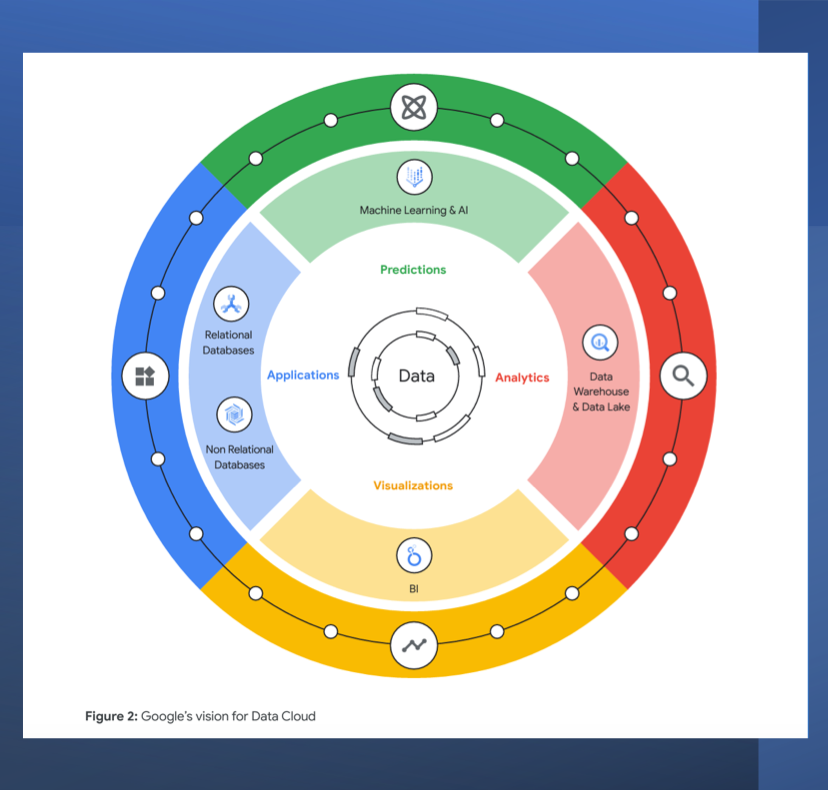
Google Data and AI Benefits
Organizations that leverage data effectively tend to innovate faster and adapt more quickly to market changes. I strongly believe that well-managed data serves as a powerful tool for gaining a competitive edge. By harnessing data and AI, companies can tackle any challenges and optimize operations, all while controlling costs.
With its latest moves, Google intelligently addresses data management on multiple levels. Databases serve as the foundation for data collection, while analytics offer valuable insights. Business intelligence tools help visualize these insights, and AI technologies predict future trends to optimize strategies. Taken together, these elements contribute to creating a competitive advantage for organizations that are committed to being data-driven.
Google’s Competitive Landscape
Google Cloud is ambitiously striving to be the industry’s most open cloud provider. However, it is important to note that competition is a constant. Let’s compare a few of Google Cloud’s top competitors:
- Microsoft Azure: Azure is a close competitor to Google Cloud, offering many different services across all categories of cloud data management. Azure is particularly strong in hybrid cloud computing and integrations with Microsoft products.
- Amazon Web Services (AWS): AWS is the market leader in cloud computing and offers many competitive services. AWS is particularly strong in IaaS and machine learning.
- IBM Cloud: IBM Cloud is a good choice for businesses that need a wide range of services and a strong focus on security. IBM Cloud is particularly strong in data analytics and blockchain.
- Oracle Cloud Infrastructure (OCI): OCI is a good choice for businesses that need a reliable and scalable cloud platform. OCI is particularly strong in database services and high-performance computing.
- VMware Cloud: VMware Cloud is a good choice for businesses that want to run their applications on VMware’s vSphere platform. VMware Cloud is particularly strong in hybrid cloud computing and disaster recovery.
- Dell Technologies Cloud: Dell Technologies Cloud is a good choice for businesses that want to run their applications on Dell’s infrastructure. Dell Technologies Cloud is particularly strong in infrastructure management and security.
- HPE GreenLake: HPE GreenLake is a good choice for businesses that want a pay-as-you-go cloud platform. HPE GreenLake is particularly strong in edge computing and disaster recovery.
- Alibaba Cloud: Alibaba Cloud is a good choice for businesses that want a cloud platform with a global reach. Alibaba Cloud is particularly strong in artificial intelligence and machine learning.
In selecting a cloud provider, it’s crucial to evaluate both the provider’s unique advantages and disadvantages and your specific needs. While budget is a key concern, also consider the types of services you require, your familiarity with cloud computing, and the level of support you’ll need.
Looking Ahead
Google is making significant advancements in the enterprise data landscape, offering a comprehensive suite of services in data management, analytics, and AI. With its huge technical and financial resources, Google is well-positioned to execute its plans effectively. The true measure of success will be market reception, gauged by adoption rates and customer feedback, especially in comparison to competitors like AWS, Azure, and IBM.
Future developments from Google are likely to come quickly, given the rapidly evolution of this space. The company’s recent moves highlight its commitment and potential to influence the enterprise data sector substantially. I’m keen to see how the market responds to Google’s initiatives and what steps the tech giant will take next to maintain or accelerate its momentum.
